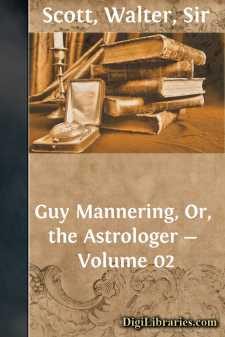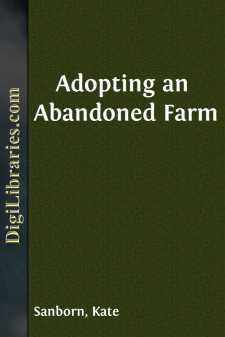Fiction
- Action & Adventure 180
- Biographical 15
- Christian 59
- Classics
- Coming of Age 5
- Contemporary Women 3
- Erotica 8
- Espionage/Intrigue 12
- Fairy Tales, Folklore & Mythology 236
- Family Life 169
- Fantasy 117
- Gay 1
- General 596
- Ghost 32
- Historical 808
- Horror 43
- Humorous 159
- Jewish 25
- Legal 4
- Medical 22
- Mystery & Detective 315
- Political 49
- Psychological 41
- Religious 64
- Romance 158
- Sagas 11
- Science Fiction 730
- Sea Stories 113
- Short Stories (single author) 537
- Sports 10
- Suspense 1
- Technological 8
- Thrillers 2
- Urban Life 31
- Visionary & Metaphysical 1
- War & Military 173
- Westerns 199
Classics Books
Sort by:
MOONLIGHT ON THE RIO GILA. Along the eastern bank a small Indian canoe, containing a single individual, was stealing its way—"hugging" the shore so as to take advantage of the narrow band of shadow that followed the winding of the stream. There were no trees on either side of the river, but this portion was walled in by bluffs, rising from three or four to fully twenty feet in height. The...
more...
PREFACE While this volume is largely of an autobiographical character, it will be found to contain also a variety of general information concerning the Franco-German War of 1870-71, more particularly with respect to the second part of that great struggle—the so-called "People's War" which followed the crash of Sedan and the downfall of the Second French Empire. If I have incorporated...
more...
by:
Ruthe S. Wheeler
Janet Hardy stirred sleepily as the alarm clock sounded its lusty summons and it was only after a real effort that she managed to reach out and shut off the insistent clock. It was so early that shadows of the night still lurked in the corners and Janet squinted at the clock through sleep-clogged eyes. It was four-forty a.m. Sitting up in bed she looked across the room where Helen Thorne was deep in...
more...
CANTO I.PRIMEVAL DAYS. Hear a song of ancient story, Of a city on a hillside, Of the valleys all about it, Of the forest and the wildwood, Of the deer that stalked within it, And the birds that flew above it, And the wolves and bears around it, Sole possessors and retainers Of the silent territory. Hear the song of its high mountains Of its gushing rills and streamlets, Of its leaping, rolling rivers,...
more...
AN ARKANSAS PLANTER. Lying along the Arkansas River, a few miles below Little Rock, there is a broad strip of country that was once the domain of a lordly race of men. They were not lordly in the sense of conquest; no rusting armor hung upon their walls; no ancient blood-stains blotched their stairways—there were no skeletons in dungeons deep beneath the banquet hall. But in their own opinion they...
more...
by:
Walter Scott
A man may see how this world goes with no eyes. Look with thine ears. See how yon justice rails upon yon simple thief. Hark in thine ear: Change places; and, handy-dandy, which is the justice, which is the thief? —King Lear. Among those who took the most lively interest in endeavouring to discover the person by whom young Charles Hazlewood had been waylaid and wounded was Gilbert Glossin, Esquire,...
more...
by:
Tom Beecham
John Smith XVI, new President of the Western Federation of Autonomous States, had made a number of campaign promises that nobody really expected him to fulfill, for after all, the campaign and the election were only ceremonies, and the President—who had no real name of his own—had been trained for the executive post since birth. He had been elected by a popular vote of 603,217,954 to 130, the...
more...
by:
Kate Sanborn
CHAPTER I. I have now come to the farmer's life, with which I am exceedingly delighted, and which seems to me to belong especially to the life of a wise man. CICERO. Weary of boarding at seashore and mountain, tired of traveling in search of comfort, hating hotel life, I visited a country friend at Gooseville, Conn. (an assumed name for Foxboro, Mass.), and passed three happy weeks in her...
more...
CHAPTER I AUNT HARRIET HAS A COUGH When this story begins, Elizabeth Ann, who is the heroine of it, was a little girl of nine, who lived with her Great-aunt Harriet in a medium- sized city in a medium-sized State in the middle of this country; and that's all you need to know about the place, for it's not the important thing in the story; and anyhow you know all about it because it was...
more...
by:
Sarah J. Eddy
ROVER AND HIS FRIENDS. WHY ROVER RAN AWAY. One morning Rover was very hungry indeed. He had been going from place to place with his master, and now it was two long days since he had eaten a good dinner. His master was a poor tinker who traveled about the country and never stayed long in one place. Rover would have liked this if his master had been kind to him, but the dog was used only to blows and...
more...











